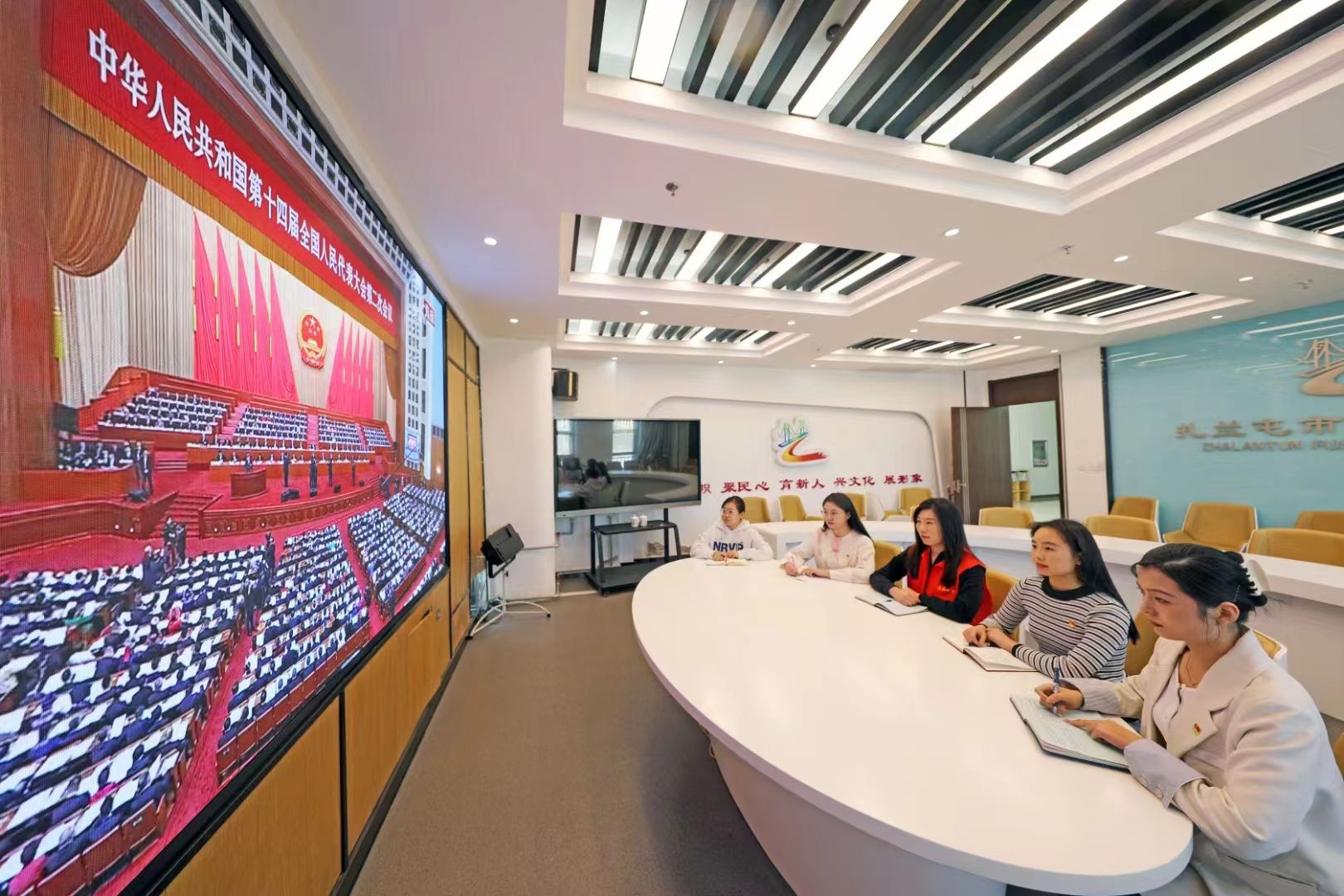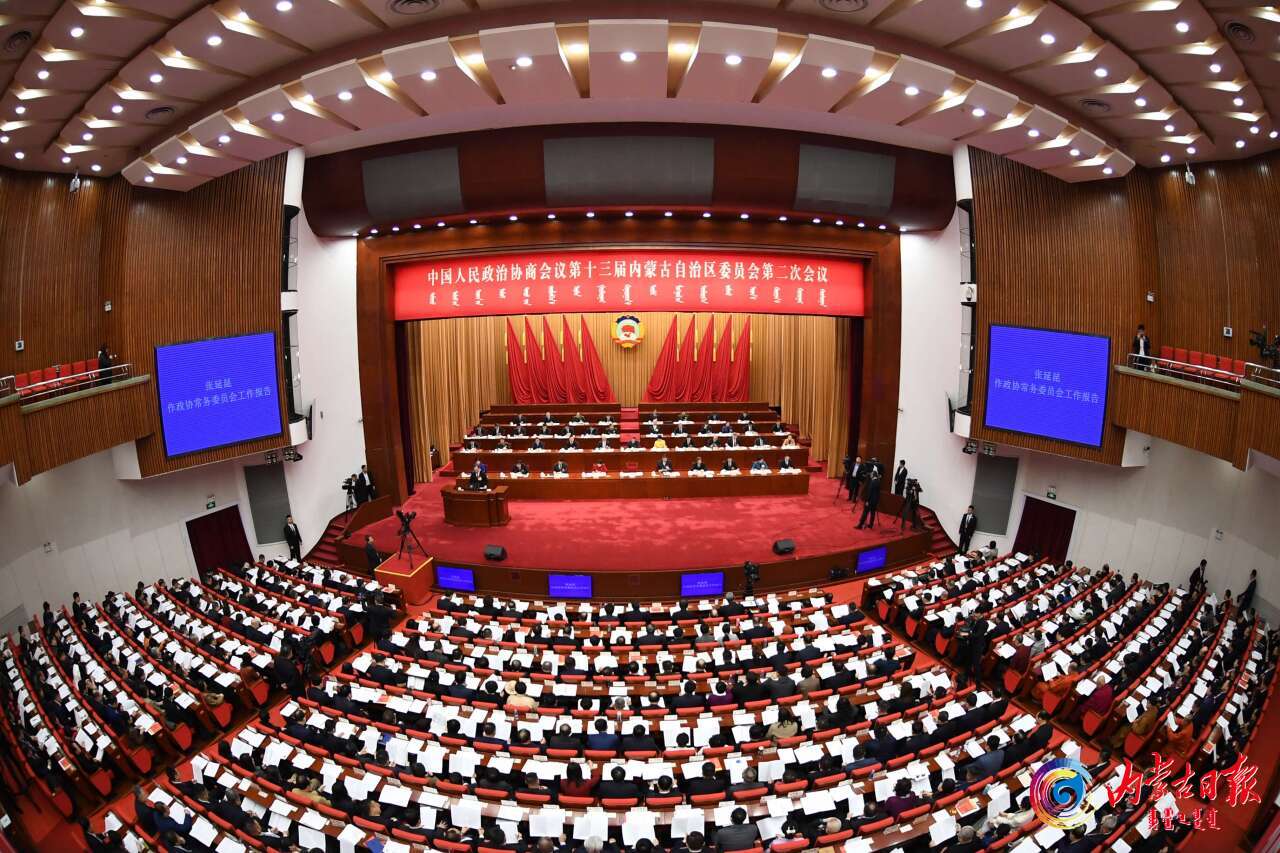Inner Mongolia improves social security system
As of the end of August 2019, the number of employees with access to basic endowment insurance in North China's Inner Mongolia autonomous region had reached 6,063,000, compared to 26,000 people in 1986. The number of urban and rural residents with access to endowment insurance was 7,552,000, more than 98.4 percent of the population, according to local officials during a press conference held in Hohhot, capital of the autonomous region, on Sept 18.
The press conference was part of a series of events held in Inner Mongolia to celebrate the autonomous region's achievements over the past 70 years and to mark the 70th anniversary of the founding of the People's Republic of China.
According to local officials, the average pension for retired personnel in the autonomous region increased from 32 yuan ($0.14) per month in 1986 to 2,613 yuan per month in 2019, and the overall per capita monthly pension reached 190.5 yuan.
Due to a steady improvement in social security and public services, a social security management system and service network have been established in the autonomous region to provide extensive social security registration and policy consultation services, pay salaries and pensions, and more for insured enterprises, units, and residents. By the end of August 2019, the number of social security card holders in the region had reached 20,009,700, allowing people to enjoy more convenient, fast, and efficient social security services.
By the end of August 2019, 21.67 million residents had access to basic medical insurance in Inner Mongolia. In addition, 53 types of drugs, traditional Chinese medicines, and anticancer drugs began being covered by basic medical insurance.
Since the beginning of this year, 106,900 people in the region have been able to settle their medical bills on the spot, as 203 hospitals have been designated for the interprovincial on-the-spot settlement of medical bills throughout Inner Mongolia. Around 2.62 billion yuan has been spent on medical bills, among which 1.52 billion was paid for by the medical insurance fund.
The autonomous region has also been working to improve its social assistance system, established an old-age allowance system, improved the welfare system for children, and made every effort to build a sustainable social security system serving all residents.



 Print
Print Mail
Mail





